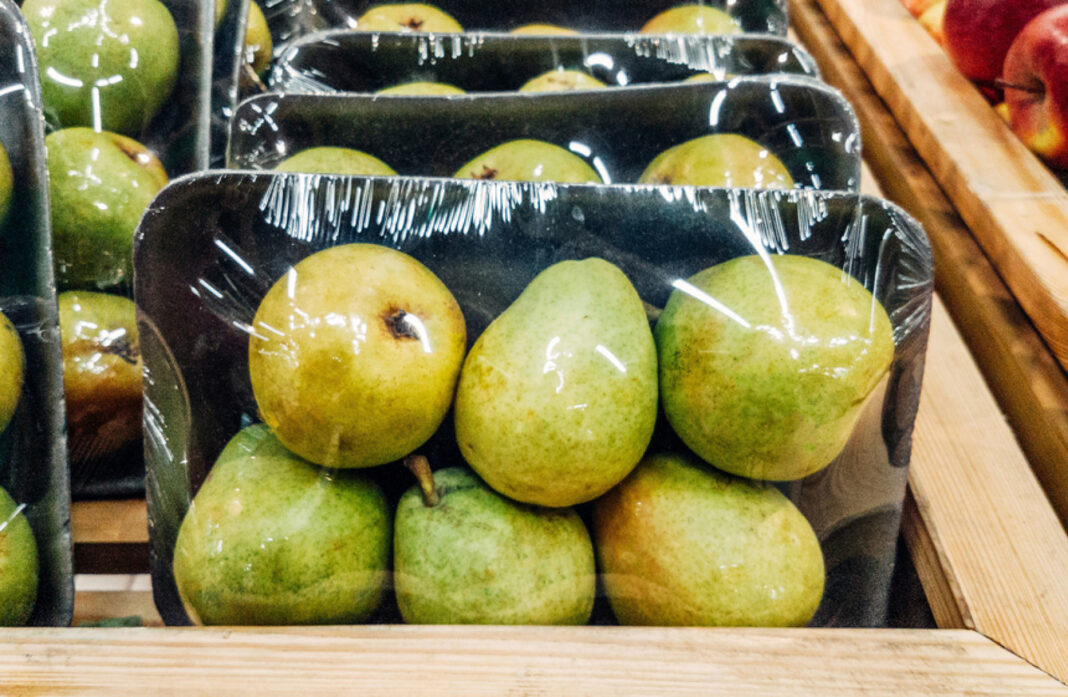By Neo Kolane
Basotho seem to be warning up to the documentary titled ‘Two Countries: The waking of a forgotten’ kingdom, a social commentary biopic that was released by Motikoe Khiba on July 22 2021.
The 22-year old Motikoe told theReporter that the documentary aims to portray the events of protest action by the youth of Lesotho and the brutal force exerted on them by the police during and after the BachaShutdown march.
The director and producer revealed that the documentary unpacks some of the grievances the youth had, mainly a high rate of youth unemployment, the national tertiary bursary scheme offered by the National Manpower Development Secretariat (NMDS), and Lesbian Gay Bisexual and Transgender plus rights.
He stated that the documentary gathers views and opinions from the youth and elderly as well as a member of parliament.
“This is my first documentary and I wanted it to hit home and have the political space between the government and the youth.
“I wanted to touch on something political. I wanted to engage with people who are already in the political sphere so when I had the idea, I contacted Tśolo Kabane who is one of the organizers of the BachaShutdown movement but who is also the co-executive producer of the documentary
“The documentary looks at a few other issues that may be the cause of the friction between the youth and government,” he claimed.
He added that it identifies issues around cultural respect and how the country was looked at as one of the growing economies in Africa.
On July 22 the film was selected for the Silicon Valley African Film Festival.
The documentary screening was made in Yugo, a local club three weeks ago where a few reactions were witnessed from the youth and the grown-ups.
It got a thumps up from those who watches it.
Motikoe revealed that when he shot it, he didn’t have a budget but one thing he wanted to push for is quality. He shot the documentary with an ordinary camera.
“I don’t shoot a lot of documentaries. I am more of a film maker.
“It took six months to shoot, edit and finalize everything about it. Its release was delayed by the COVID-19 pandemic lockdowns
“I got the sense of the timeline of the #BachaShutdown because I was not there and we sourced a number of people to work as a team.
“I put aside around M10 000 because there wasn’t a lot of gear. We shot at different restaurants and people’s homes and that took a lot of time as I also had to go back to school.” He observed.
“Truck noises sometimes would be a problem during interviews because we would be close to the road. What stands out about it is my personal style of eagerness to strive for quality. I always prioritized lighting and a great setup,” he added.
“I only shot in days when it was overcast, I picked very specific days to shoot such as when it was cloudy.
“I wanted it to represent emotionally how the people of Lesotho feel,” he said.
The plan is to produce another documentary that will be regarded as part two.









